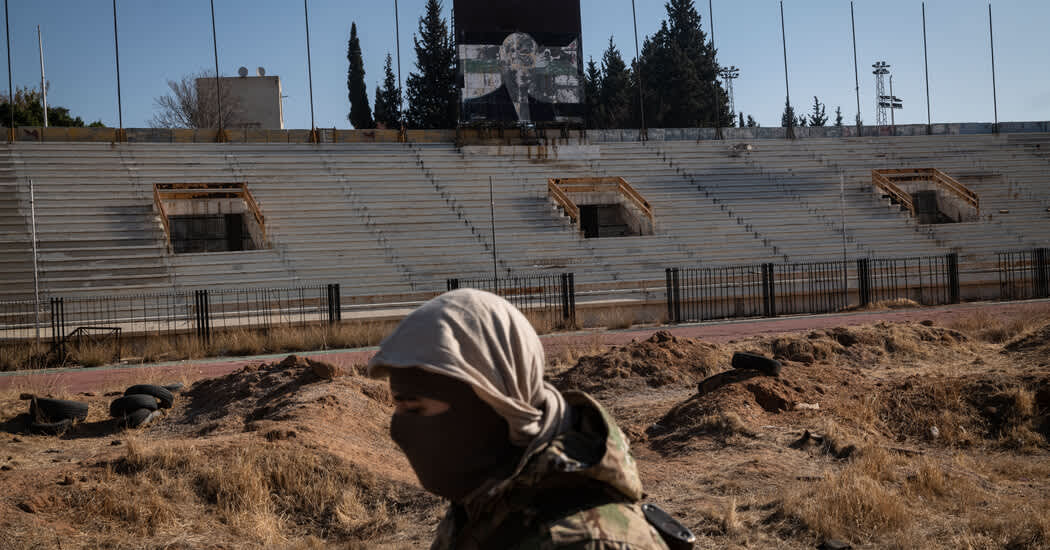The rebel alliance that took power has vowed to prosecute senior figures from the ousted government, but accountability will be hard to achieve in a vulnerable, divided and battered country.
Reporting from Cairo
There seem to be no limits to the dark revelations laid bare by the downfall of Syria’s 54-year Assad regime.
Prisons have emptied, exposing the instruments of torture used on peaceful protesters and others considered opponents of the government. Stacks of official documents record thousands of detainees. Morgues and mass graves hold the gaunt, broken-bodied victims, or at least some of them.
Many others have yet to be found.
For these and many other atrocities, Syrians want justice. The rebel alliance that overthrew President Bashar al-Assad last month has vowed to hunt down and prosecute senior regime figures for crimes that include murdering, wrongly imprisoning, torturing and gassing their own people.
“Most Syrians would say they can only achieve closure to bring this dark 54-year era to an end when they bring these guys to justice,” said Ayman Asfari, chairman of Madaniya, a network of Syrian human rights organizations and other civic groups.
But even assuming that the new authorities can track suspects down, accountability will be hard to achieve in a country as vulnerable, divided and battered as Syria. The experiences of other Arab countries whose despotic regimes collapsed testify to the challenges: None of those countries — not Egypt, not Iraq, not Tunisia — succeeded in securing comprehensive, lasting justice for the crimes of earlier eras.
We are having trouble retrieving the article content.
Please enable JavaScript in your browser settings.
Thank you for your patience while we verify access. If you are in Reader mode please exit and your Times account, or for all of The Times.
Thank you for your patience while we verify access.
Want all of The Times? .
Source: www.nytimes.com
